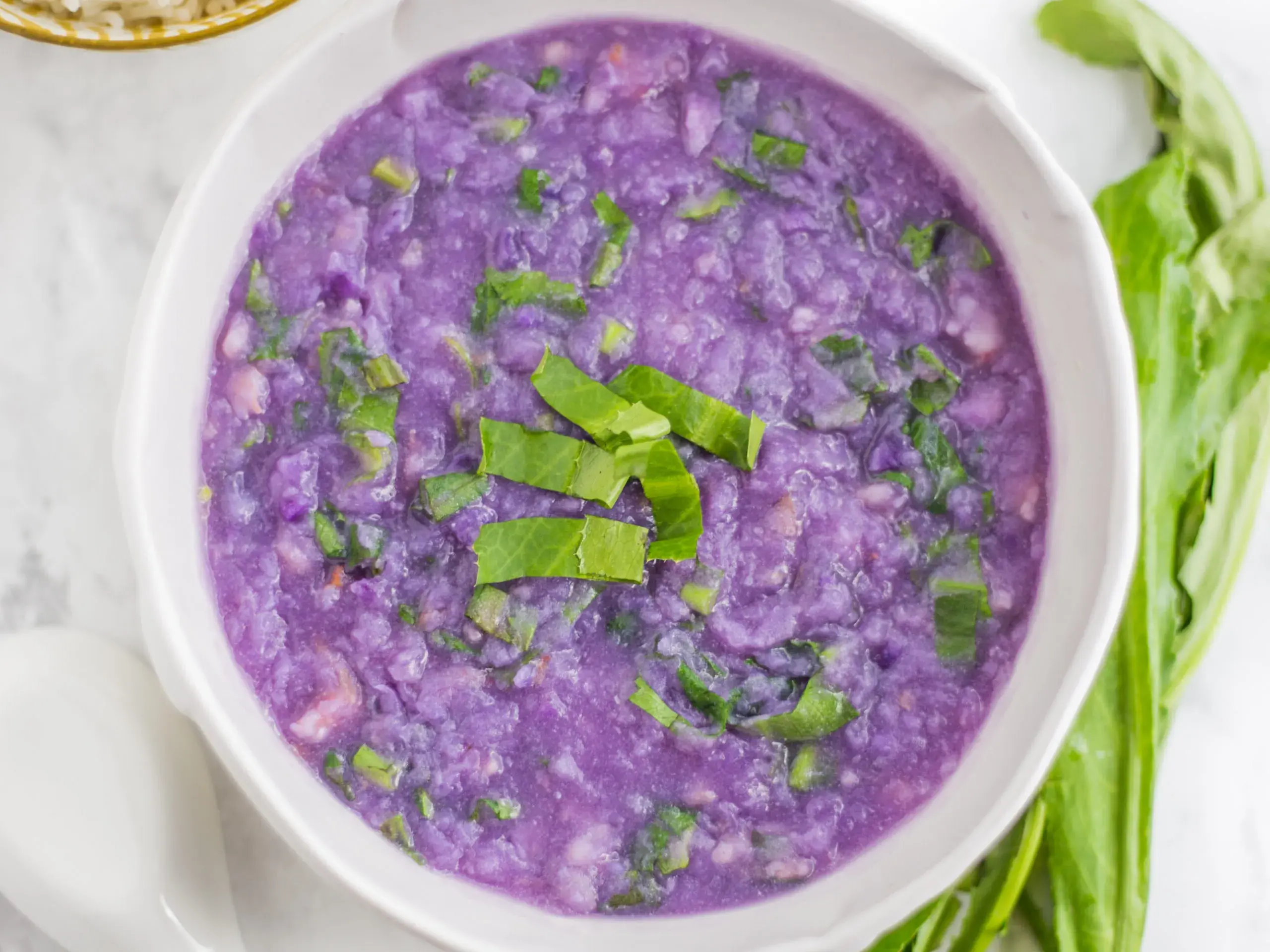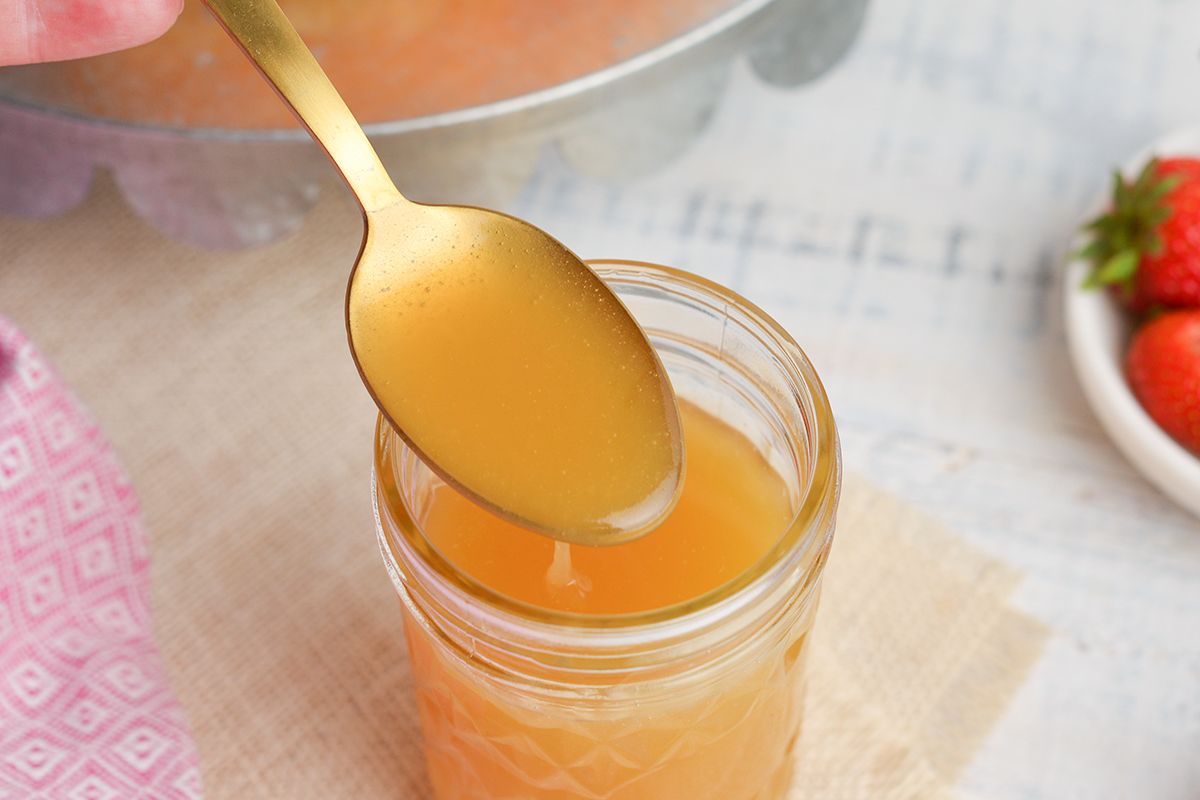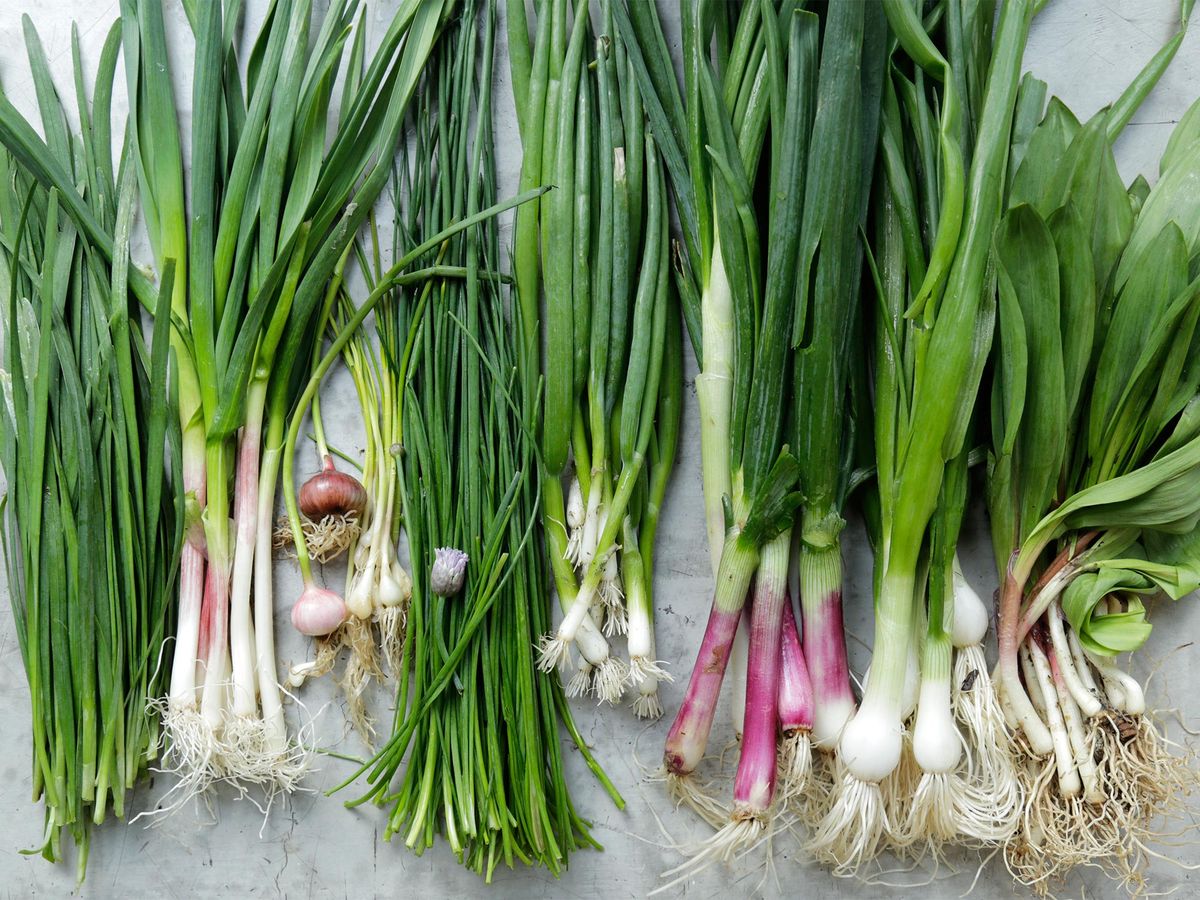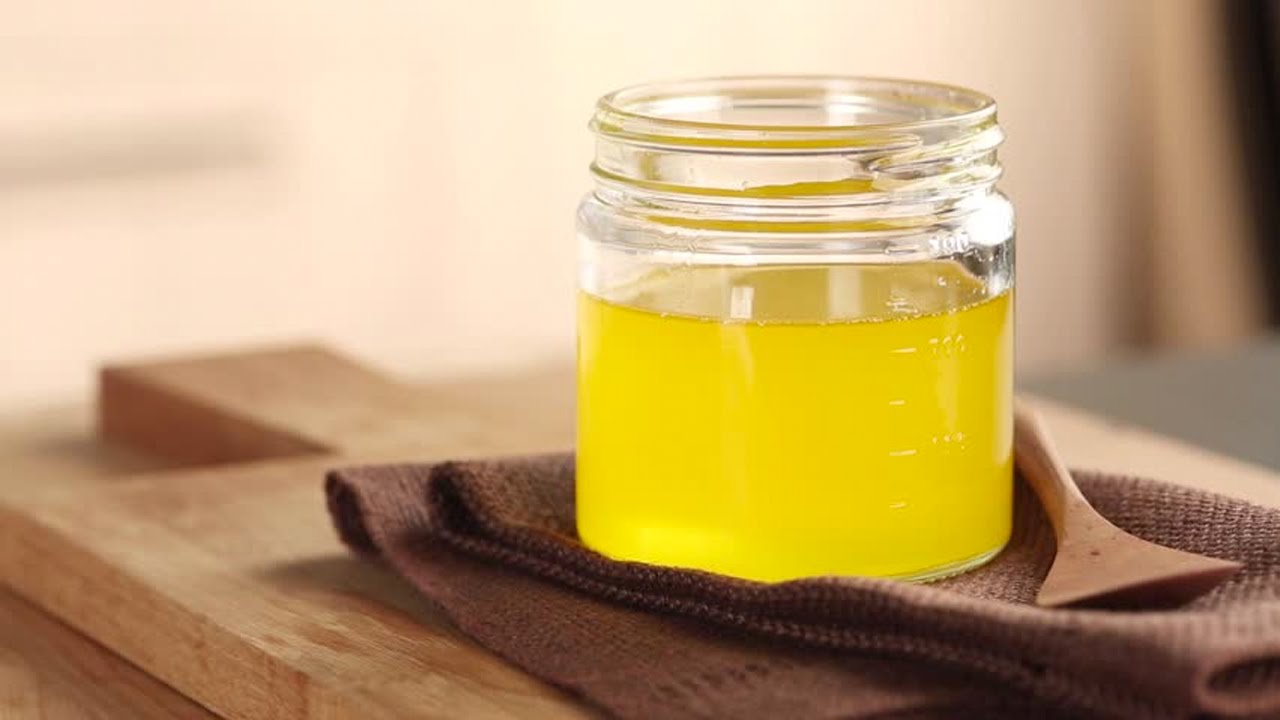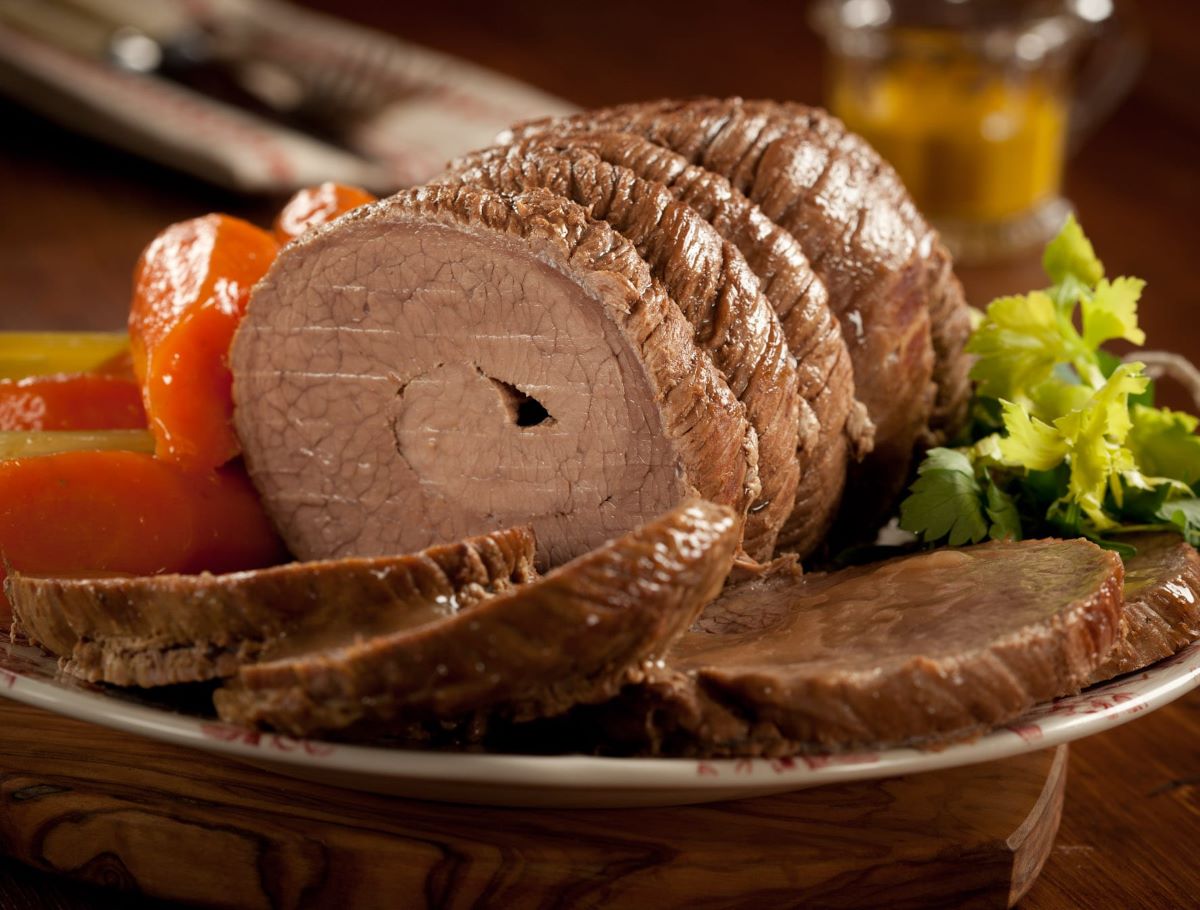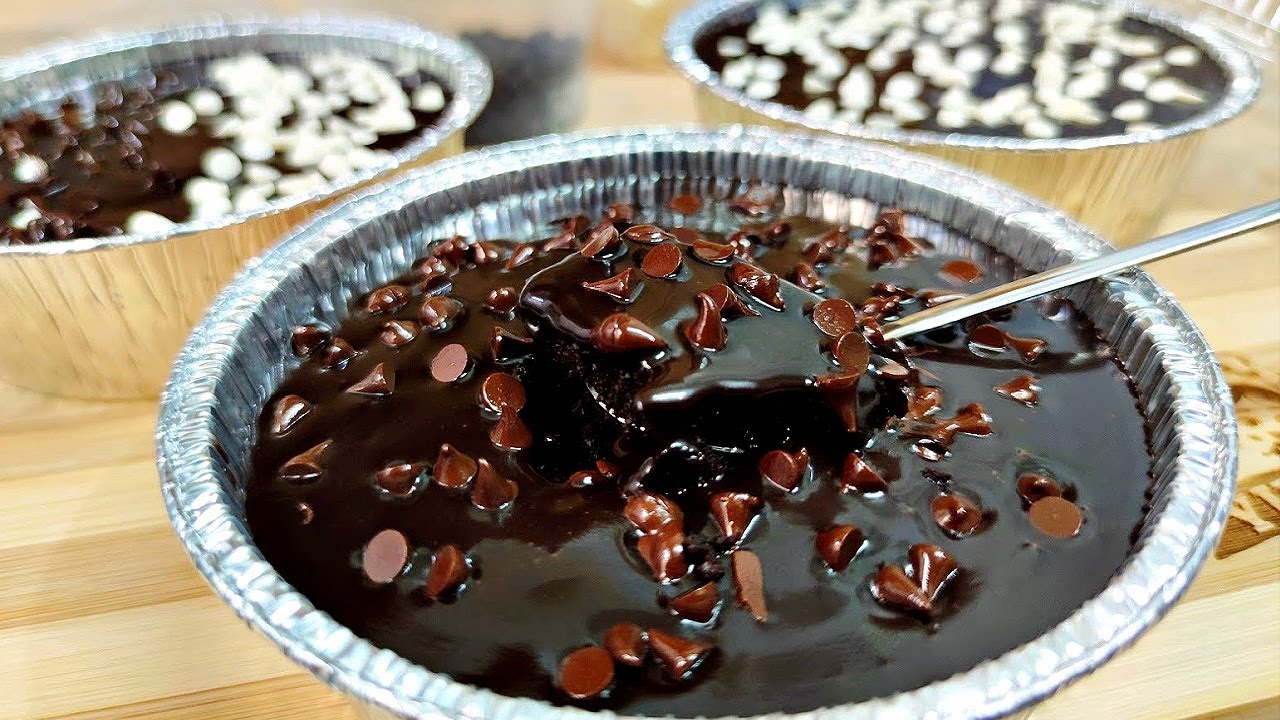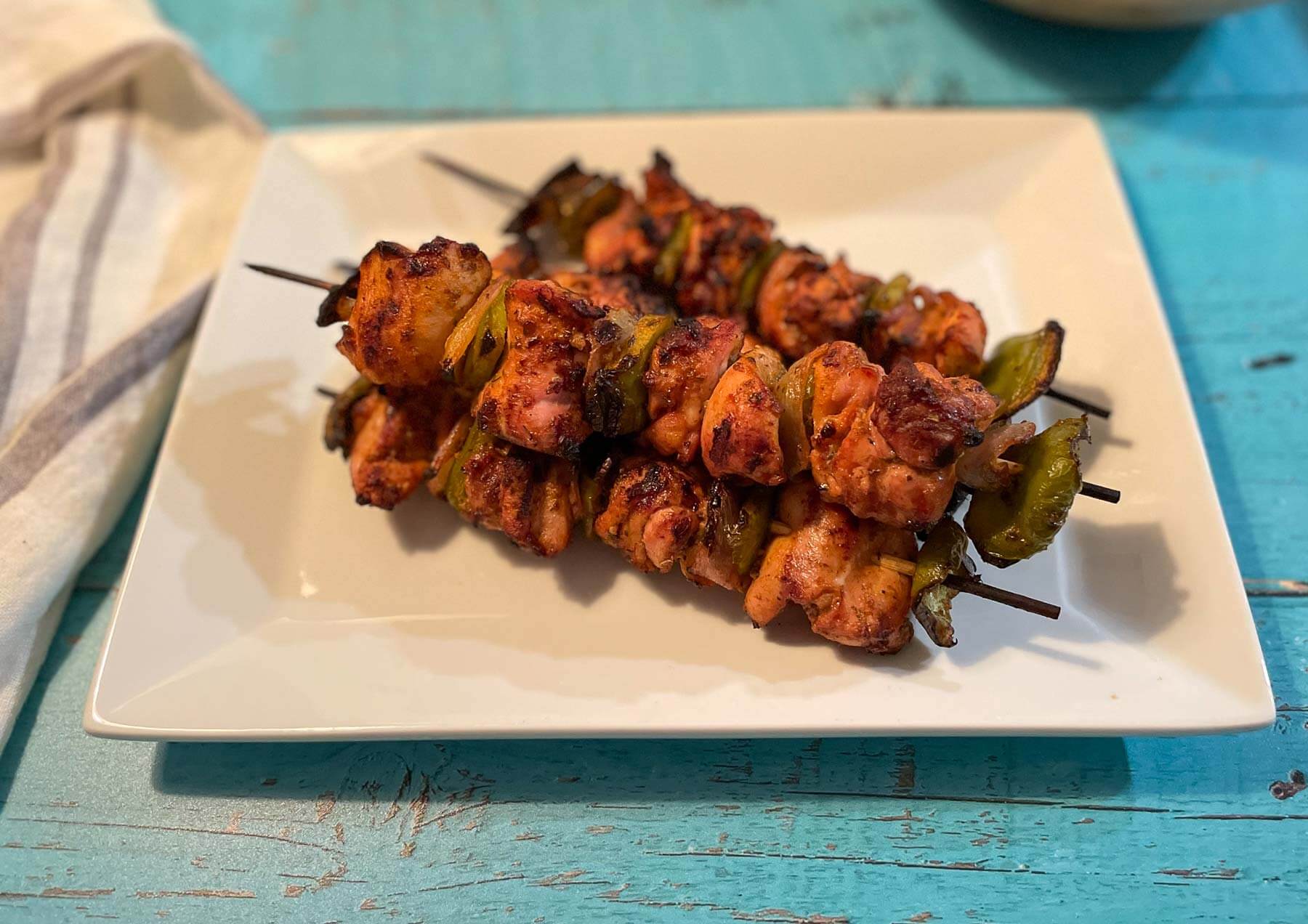Looking for a Cinnamon Substitute?
If you’re out of cinnamon or looking for a different flavor profile, there are several alternatives that can be used as a substitute. Whether you’re baking, cooking, or making a beverage, these substitutes can add a similar warmth and depth to your dishes. Let’s explore some of the best options for replacing cinnamon in your recipes.
1. Nutmeg
Nutmeg is a popular spice that shares some similarities with cinnamon. It has a warm, slightly sweet flavor with a hint of nuttiness. When using nutmeg as a substitute for cinnamon, start with a smaller amount and adjust to taste. Nutmeg works well in both sweet and savory dishes, making it a versatile alternative.
2. Allspice
Allspice is derived from the dried berries of the Pimenta dioica plant and has a flavor reminiscent of a combination of cinnamon, cloves, and nutmeg. Its warm and aromatic profile makes it a suitable replacement for cinnamon in many recipes. Use it in moderation, as its flavor can be quite potent.
3. Cardamom
Cardamom offers a unique and slightly citrusy flavor with hints of mint and spice. While it may not be an exact match for cinnamon, it can add a delightful complexity to your dishes. Use it sparingly, as it has a strong flavor that can easily overpower other ingredients.
4. Cloves
Cloves have a strong, pungent flavor with a warm and sweet aroma. While they are more intense than cinnamon, they can be used in small quantities to add depth to your recipes. Ground cloves work well in both sweet and savory dishes, but be cautious not to use too much, as their flavor can be overpowering.
5. Ginger
Ginger offers a spicy and slightly sweet flavor that can complement a wide range of dishes. While it lacks the warmth of cinnamon, it can still add a pleasant kick to your recipes. Fresh or ground ginger can be used as a substitute, depending on the specific dish you are preparing.
6. Pumpkin Pie Spice
If you have pumpkin pie spice on hand, it can serve as a convenient substitute for cinnamon. Typically, pumpkin pie spice contains a blend of cinnamon, nutmeg, ginger, and allspice, making it a suitable option for adding warmth and flavor to your dishes.
When using any of these substitutes, it’s important to start with a small amount and adjust to taste. Each spice has its own unique flavor profile, so experimentation may be necessary to achieve the desired results. Keep in mind that while these alternatives can mimic the warmth and depth of cinnamon, they will impart their own distinct flavors to your dishes.
Next time you find yourself in need of a cinnamon substitute, consider reaching for one of these flavorful alternatives. Whether you’re baking a batch of cookies, preparing a savory stew, or crafting a delicious beverage, these substitutes can help you achieve delightful results in the kitchen.
Happy cooking!
Was this page helpful?
Read Next: What Is Non-Alcoholic Baileys Irish Cream?

